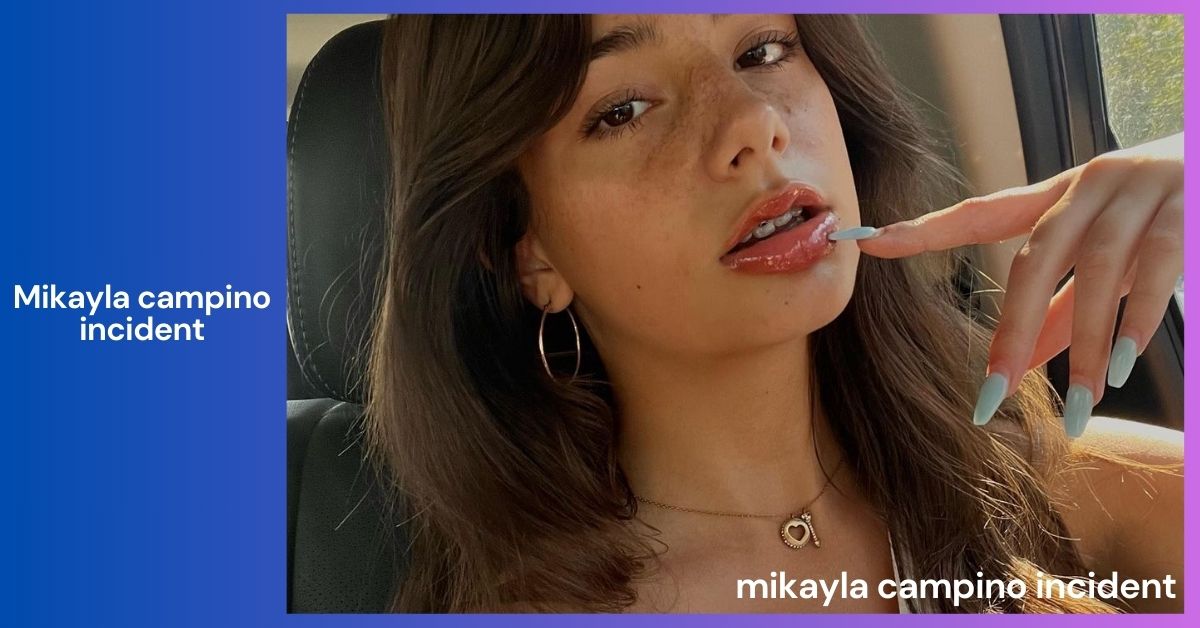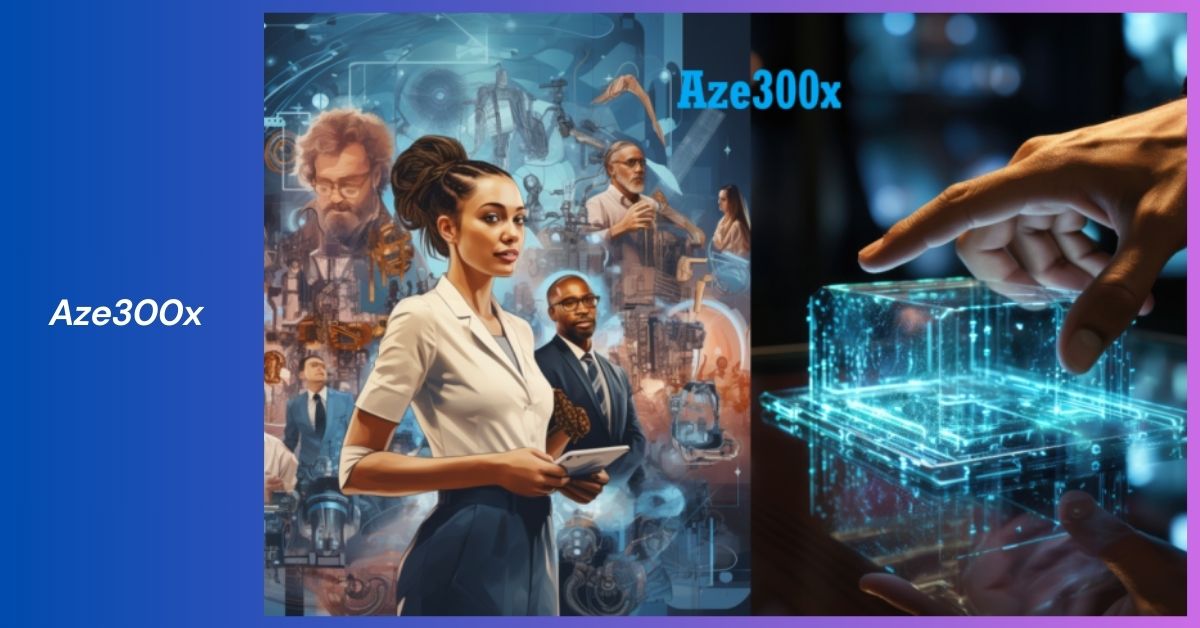
The Mikayla Campino incident has recently emerged as a significant topic of discussion, primarily within digital and entertainment communities.
Centered around the unauthorized distribution of copyrighted content through Telegram, this incident sheds light on various issues concerning online media, copyright laws, and digital security. This article provides an in-depth analysis of the event, exploring its implications and offering insights into its broader context.
The Mikayla Campino incident refers to a situation where Telegram channels, associated with Mikayla Campino, were reportedly used to share links for downloading and streaming movies and web series without authorization.
This incident has brought attention to the ongoing issue of piracy in the digital age and has sparked discussions about the challenges of enforcing copyright laws in an increasingly connected world.
Overview of the Incident
The core of the Mikayla Campino incident revolves around the distribution of pirated content. Telegram, known for its secure messaging features, has also become a hub for sharing and disseminating unauthorized media.
The channels linked to Campino were allegedly involved in hosting and spreading links to movies and web series that were not legally licensed for distribution.
The Role of Telegram in Content Distribution
Telegram’s platform allows users to create channels and groups where they can share various types of content, including media files and links.
While this feature is beneficial for communication, it has also been exploited for illegal activities, such as the unauthorized sharing of copyrighted content.
Impact of the Mikayla Campino Incident
The Mikayla Campino incident has had notable effects on both the entertainment industry and the public. Understanding these impacts is crucial for grasping the broader implications of the incident.
Effects on Content Creators
For content creators, the unauthorized distribution of their work through channels like those associated with Mikayla Campino represents a significant financial and creative loss. Piracy undermines the revenue streams that creators rely on to fund future projects and sustain their careers.
Without proper compensation, the incentives to produce high-quality content diminish, potentially leading to a decline in the overall quality and diversity of available media.
Impact on Consumers
From a consumer perspective, the availability of pirated content might seem advantageous due to the free access to movies and web series.
However, this convenience comes with substantial risks. Downloading or streaming from unauthorized sources can expose users to various cybersecurity threats, such as malware, phishing attempts, and data breaches.
Moreover, pirated content often lacks the quality and reliability of legally distributed media, potentially leading to a subpar viewing experience.
Legal and Ethical Considerations
The Mikayla Campino incident raises important questions about the legality and ethics of accessing and sharing pirated content. While some may argue that the free availability of content democratizes access to media, it also infringes on the intellectual property rights of creators and distributors.
This conflict highlights the need for a balanced approach that respects copyright laws while addressing the evolving landscape of digital media consumption.
Analyzing the Mikayla Campino Incident
To fully comprehend the Mikayla Campino incident, it is essential to analyze the factors contributing to it and its broader implications.
Telegram Channels and Piracy
Telegram channels used in this incident served as a platform for distributing links to pirated content. These channels exploit the app’s features to evade detection and legal action.
The anonymity and encryption provided by Telegram make it challenging for copyright enforcement agencies to monitor and shut down such operations effectively.
Legal Framework and Enforcement
The enforcement of copyright laws in the digital age presents significant challenges. Traditional methods of copyright protection are often insufficient in addressing the rapid spread of pirated content across platforms like Telegram.
Legal frameworks need to adapt to new technologies and methods of content distribution to effectively combat piracy and protect the rights of creators.
Ethical Considerations
The ethical implications of accessing and sharing pirated content are complex. On one hand, piracy undermines the financial stability of content creators and disrupts the creative industry.
On the other hand, the digital age has created new opportunities and challenges for accessing media, raising questions about the fairness of current copyright laws and the need for reform.
How to Avoid Issues Related to Piracy
For individuals concerned about the legal and ethical implications of accessing pirated content, here are some practical steps to avoid involvement in piracy:
Use Authorized Platforms
To ensure that you are accessing content legally, use authorized streaming services and download platforms.
These services have the necessary licenses to distribute content and offer a secure and reliable viewing experience. Popular platforms include Netflix, Hulu, Amazon Prime Video, and Disney+, among others.
Be Cautious with Links
Avoid clicking on links from unknown or unverified sources. Pirated content often comes with hidden dangers, such as malware or phishing scams.
Always verify the legitimacy of the source before downloading or streaming content.
Report Piracy
If you come across channels or websites distributing unauthorized content, report them to the relevant authorities or platforms. Reporting piracy helps in combating illegal activities and protecting intellectual property rights.
The Future of Online Content Distribution
The Mikayla Campino incident highlights ongoing challenges in the realm of online content distribution. As technology continues to evolve, so do the methods for accessing and sharing media.
The industry must adapt to these changes while striving to protect the rights of creators and offer legal, accessible options for consumers.
Emerging Trends in Content Distribution
- Enhanced Cybersecurity Measures: With the rise of piracy, there will be an increased focus on cybersecurity to protect content and user information from unauthorized access and distribution.
- Evolution of Legal Frameworks: Legal frameworks may evolve to address new challenges and methods of piracy, ensuring that copyright laws remain relevant and effective in the digital age.
- Growth of Subscription Models: Subscription-based models are becoming more prevalent, offering exclusive content and additional features to deter piracy and provide value to consumers.
Conclusion
The Mikayla Campino incident brings to light significant issues surrounding the distribution of copyrighted content in the digital age.
It highlights the challenges faced by content creators, the risks to consumers, and the need for effective legal and ethical practices in online media distribution.
By understanding the implications of this incident and adopting responsible behaviors, we can contribute to a more secure and fair digital environment, ensuring that creators are protected and consumers can enjoy content safely and legally.
FAQs About the Mikayla Campino Incident
What is the Mikayla Campino Incident?
The Mikayla Campino incident refers to the unauthorized distribution of movies and web series through Telegram channels linked to Mikayla Campino. It highlights issues related to piracy and the distribution of copyrighted content.
Why is the Mikayla Campino Incident Important?
The incident is important because it underscores the challenges of protecting intellectual property in the digital era. It affects both content creators and consumers, raising legal and ethical questions about media access and copyright enforcement.
How Can I Access Content Legally?
To access content legally, use authorized streaming services and download platforms that have proper licenses for distribution. Avoid suspicious links and always verify the legitimacy of the source before accessing content.
What Are the Risks of Accessing Pirated Content?
Accessing pirated content can expose you to security threats, such as malware and phishing scams. It also undermines the financial stability of content creators and disrupts the media industry.
How Can I Report Piracy?
You can report piracy by contacting the relevant authorities or platforms where the unauthorized content is being distributed. Reporting helps in tackling illegal activities and protecting intellectual property rights.






